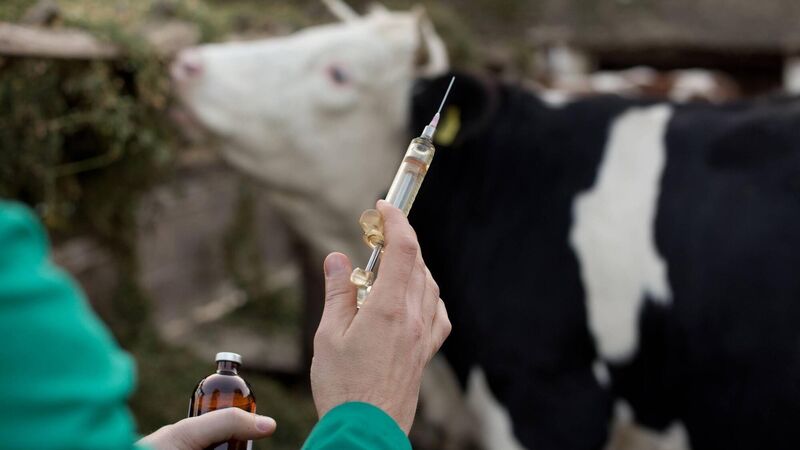Veterinary medicine school launched in bid to almost double number of trained vets

In 2021, 70% of new vets entering the register were educated outside Ireland, and 45% of these registrations were specifically from foreign vets. File photo
A new veterinary medicine school launched officially on Monday is preparing to welcome its first intake of students from next September.
The Atlantic Technological University (ATU) Veterinary Medicine Programme was officially launched as part of a bid to almost double the number of college places available to train more vets.










